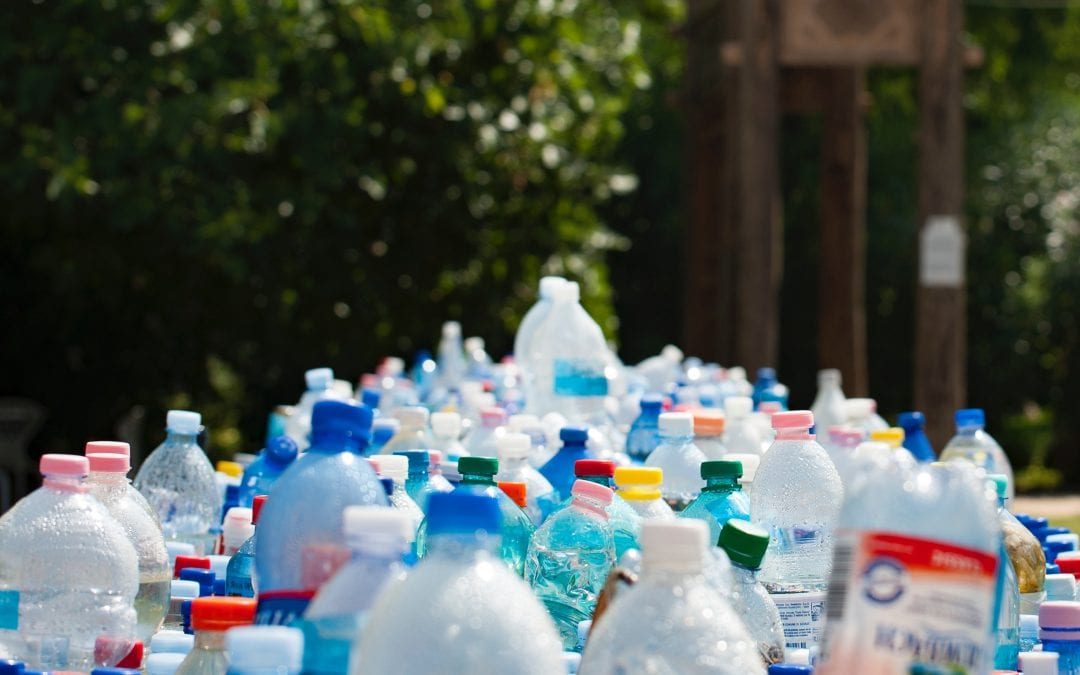Recently there has been a lot of talk about the danger plastics pose to animals and the environment. One study suggests that by 2050, 99% of all species of seabird will have ingested plastic! These dangers are certainly real, and should be addressed. Many programs and policies have been implemented to reduce the prevalence of plastics in our daily lives; however, care must be taken when making environmental decisions such that a worse outcome is not the result.
One plastic villain that has recently risen to prominence is the plastic straw. The opportunities for puns in the slogans against the use of straws are nearly limitless, with one of our favorites being the #StopSucking campaign. Started by the group Lonely Whale, the hashtag is part of an awareness campaign for the Open-Source Resource and Brand Identity “For A Strawless Ocean”. Eliminating plastic straws is an excellent idea, and the RFI encourages everyone to #StopSucking! But in response to the pressure on plastic straws, many businesses are ditching plastic straws and offering paper straws as an alternative. But is a paper straw any better?
We aren’t aware of any peer-reviewed research comparing paper straws to plastic ones, but this question is reminiscent of the debate over plastic bags, and the environmental impacts of paper versus plastic bags is well documented. A detailed report on the impacts of various plastic bags using LCA methods was published in 2011. In it, the impacts of various grocery bags were assessed and compared in some of the most rigorous research we’ve seen on the topic. This study found that the global warming potential associated with the production, use, and disposal of paper bags are more than double that of plastic bags! In order for the impact of using a paper bag to be less than that of its plastic counterparts, you would have to reuse it four times. How about one of those reusable grocery bags? Unless you reuse it 14 times, you’re better off with the plastic ones. And a cotton bag? Hold on to it for the rest of your life because it has to be reused 173 times to have less global warming potential than using a plastic bag.
The grocery bag study also considered the impacts of abiotic depletion, acidification, eutrophication, human toxicity, aquatic toxicity, terrestrial toxicity, and photochemical oxidation in addition to global warming. The production, use, and disposal of paper bags was shown to have greater impacts than plastic bags in every single category. According to this study, unless you reuse your paper bags at least 4 times, it is unanimously worse for animals, humans, and the environment than using plastic bags. That deserves repeating:
Unless you reuse your paper bags at least 4 times, it is unanimously worse for animals, humans, and the environment than using plastic bags.
So what does this mean for the concerns over plastic? It does not mean that using plastic items are good for the environment: the environmental impact of no plastic bag/straw/etc is zero. However, if the environmental impacts of paper and plastic straws are at all like those of grocery bags, think twice before reaching for that paper straw and patting yourself on the back. You may be doing more harm than good.
